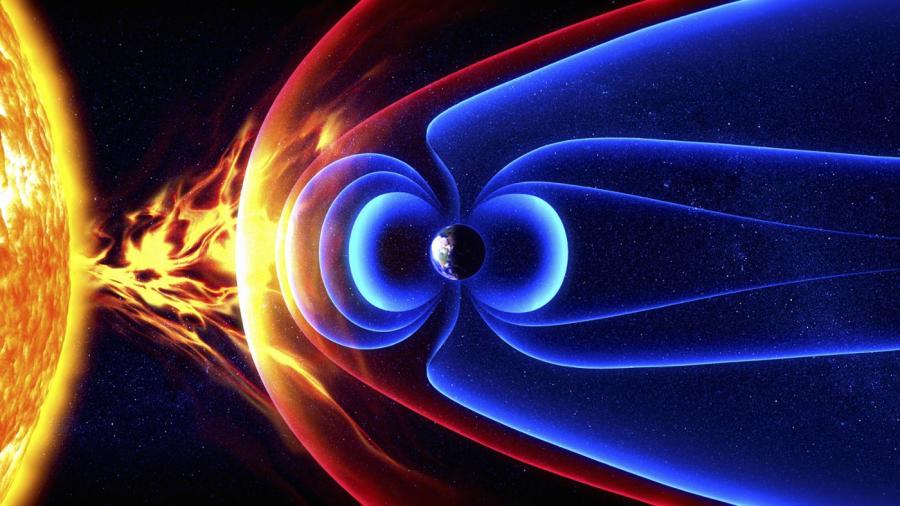Why Does the Earth Have a Magnetic Field?

The Earth’s molten core rotates at a high speed, which generates the planet’s magnetic field. While this field changes in intensity and location over time, it provides valuable protection against solar winds.
The earth’s magnetic field is believed to be essential for life to thrive. Without it, life would be constantly bombarded with the solar radiation that the magnetic field deflects. The planet’s atmosphere would likely be at risk if the magnetic field didn’t exist, and experts believe that Mars lacks a significant atmosphere due to its loss of a protective magnetic field.
Despite being similar is size to Earth, Venus also lacks a magnetic field. Most believe that this is due to slow rotation of the planet. Because it takes almost 162 Earth days for Venus to rotate once, its core lacks the rotational speed needed to generate a significant magnetic field.
The magnetic north and south poles wander over time, so compasses need to be adjusted to account for this drift. In addition, pilots need to ensure that their compasses are up to date to avoid faulty navigational readings. Scientists are constantly looking for signs that the Earth’s magnetic field may rotate 180 degrees, which has happened at several times in the past.





